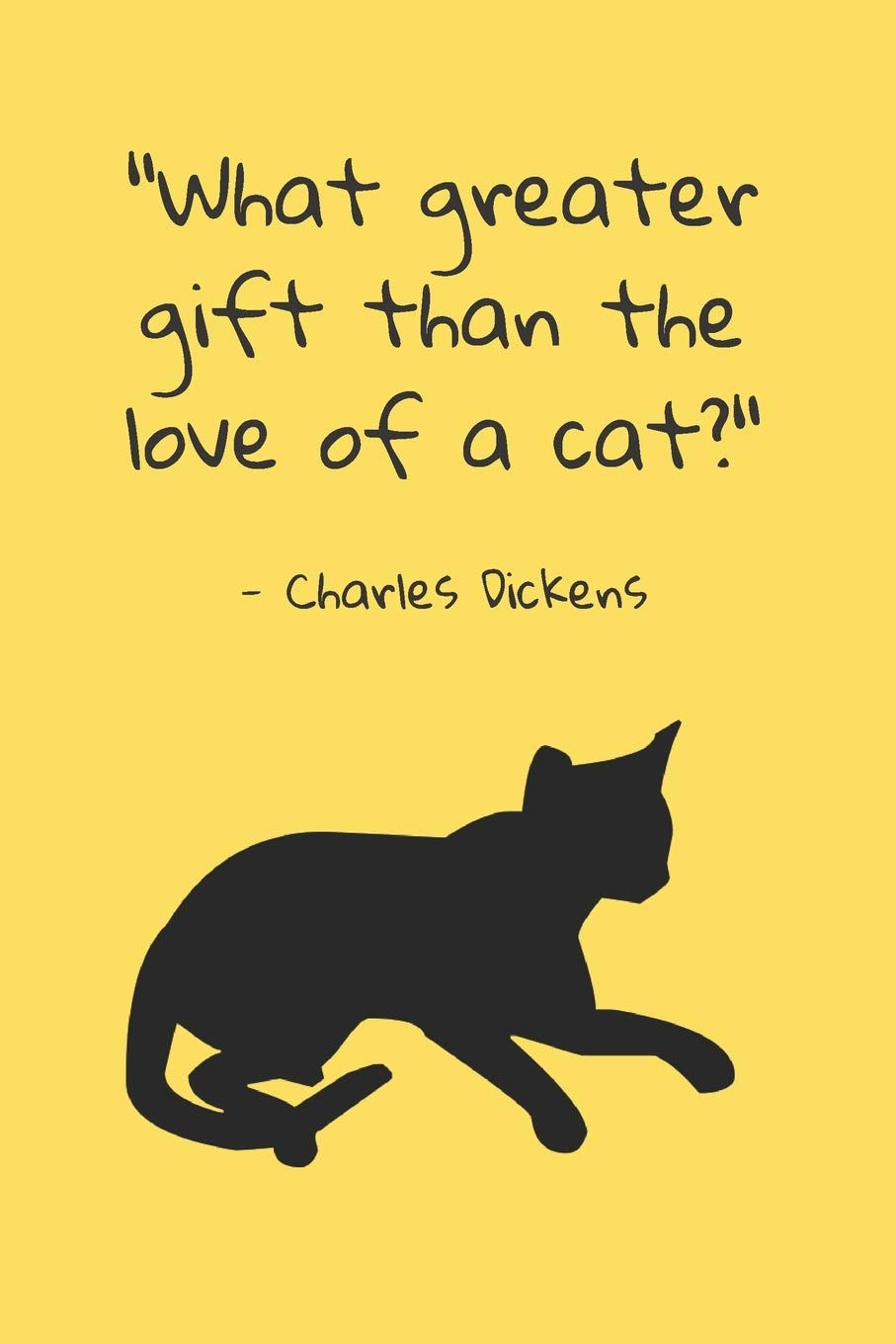Online Research in Victorian Studies
- Lydia Craig

- Apr 25, 2022
- 1 min read

One very small positive of the pandemic for me has involved my increased use of online resources, archives, and databases to keep working on my projects. Because of this, I've been reflecting a lot about how to share this information with other instructors and students and participate in the ongoing conversation about digital resources. At the beginning, in spring 2020, I became fascinated with the prevalence of false literary quotes on the internet, like the one above which Charles Dickens never actually said or wrote, as far as I can tell. See my full article about how to research and spot fake quotes on the internet here: “What Charles Dickens Never Said: Verifying Internet ‘Quotes’ and Accessing the Works with Online Resources.” Dickens Quarterly, vol. 37, no. 3, September 2020, pp. 249-263. DOI: 10.1353/dqt.2020.0033. Teachers, scholars, and students alike may find it useful for research in all kinds of literature.
A more recent article focuses on how to find, search, and study Victorian fiction and nineteenth-century global literatures in archives, databases, and multiple continuing and new digital projects in history and literature: “An Overview of Digital Resources for the Study of Victorian Fiction.” Edited by Edward Guiliano. Dickens Studies Annual, vol. 53, no. 1, March 2022, pp. 80-87. DOI: 10.5325/dickstudannu.53.1.0070. I appreciated the chance to explore databases and projects such as COVE, One More Voice, and Undisciplining the Victorian Classroom.
There are several other projects I'm working on at the moment and several new articles and books I need to read about related subjects, so updates will follow!






Comments